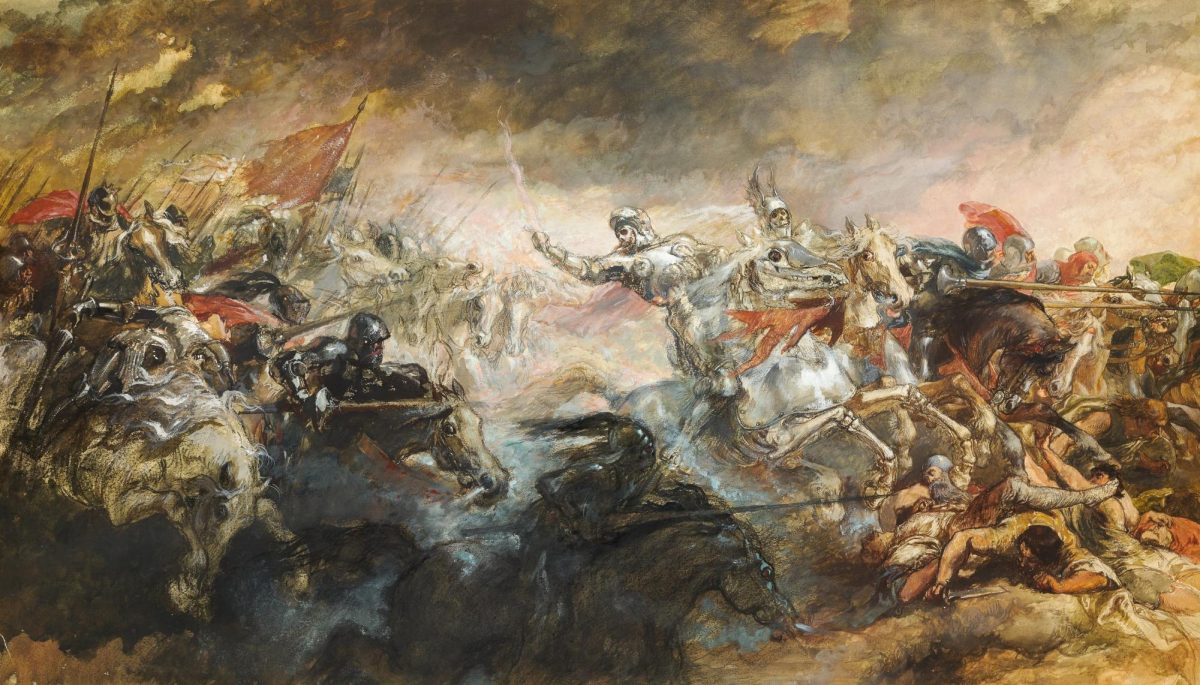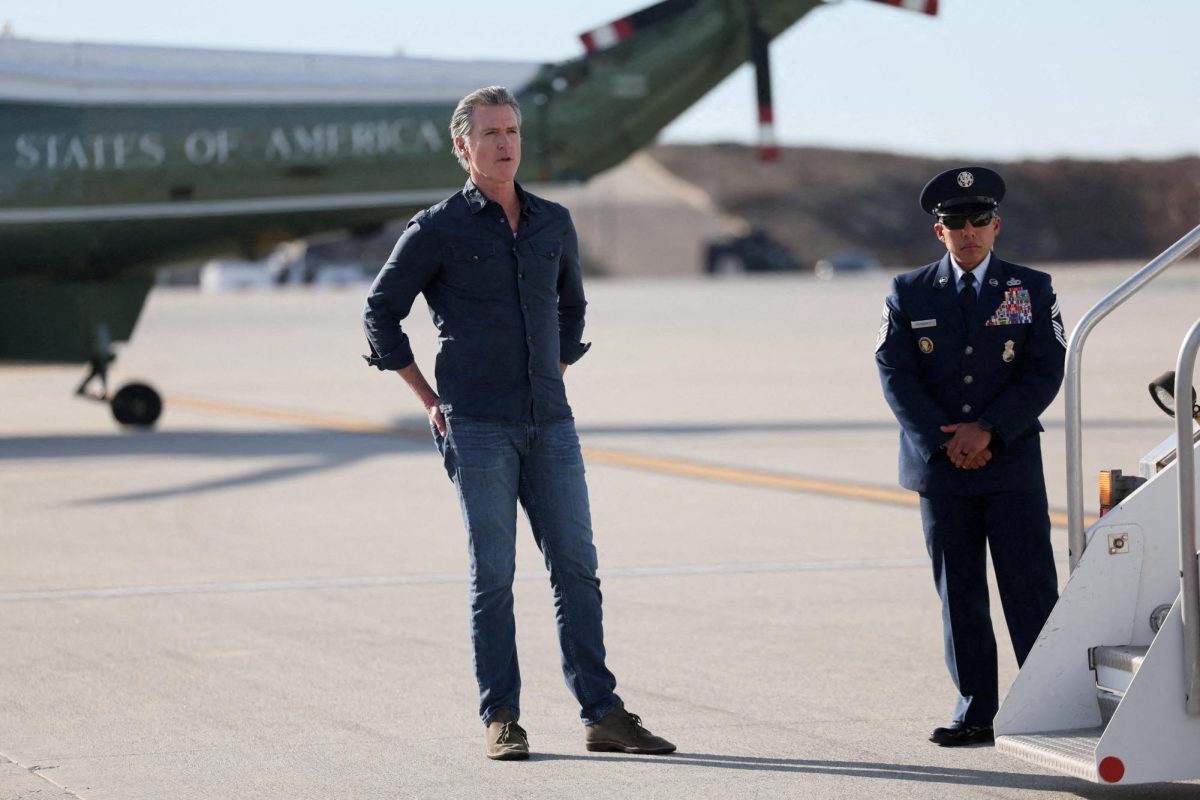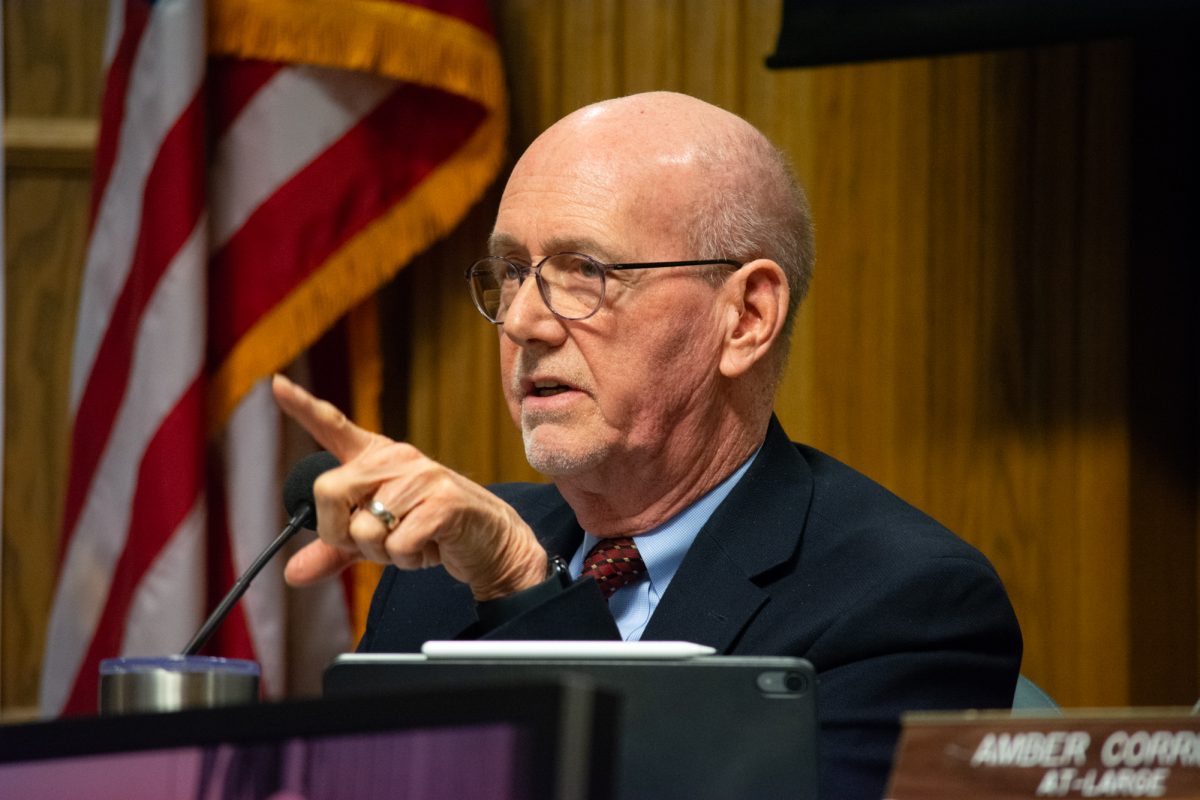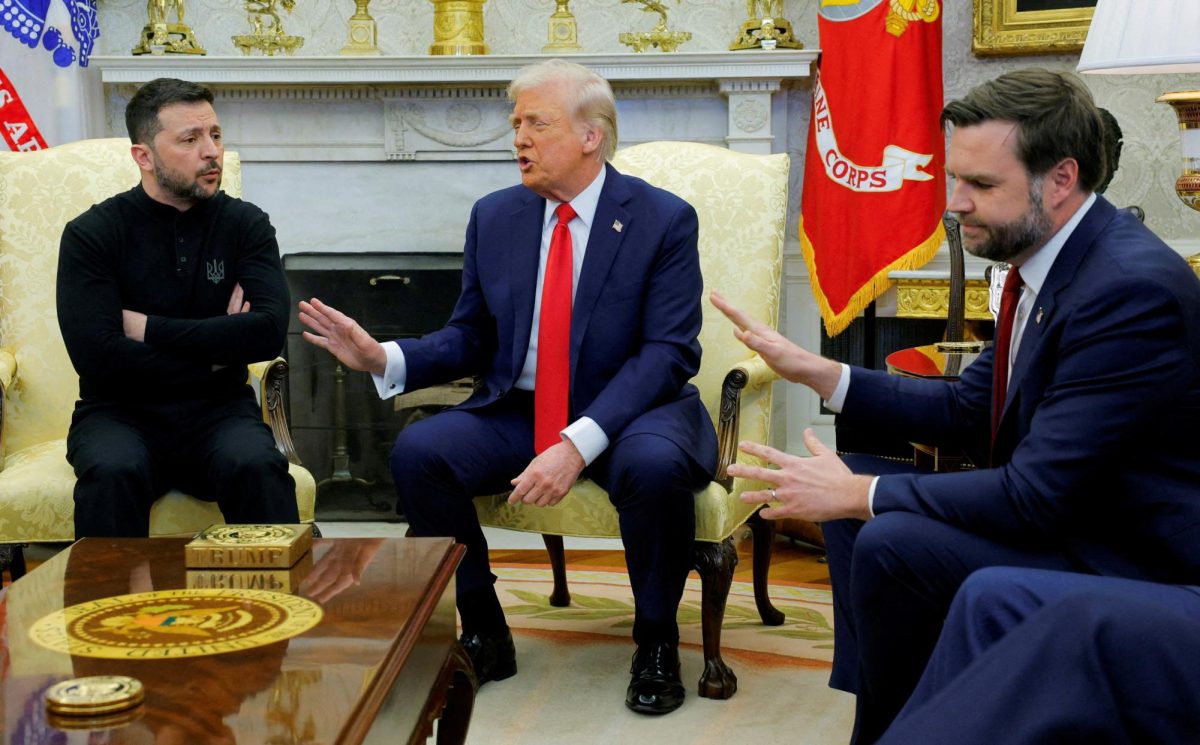For obvious reasons, the title of this article may be provocative. It is intended to be. Some may also question the reasoning behind it. However, my time so far in Ireland has taught me many things, but one stands out in particular: Poetry is insignificant in America.
There is no discussion of poetry on a truly meaningful scale. The utilitarian emphasis of our culture, an almost exclusively technological (and capitalistic) innovation, prioritizes practicality, over-perfection and efficiency instead of raw, aesthetic value (besides, of course, the German car or the hideous clothing spawned in Paris and Milan, the former of the two being one I can actually appreciate).
My literature professor made this apparent to me. He constantly repeats how the Irish can not live without such an art form. Seamus Heaney, perhaps the most beloved of Ireland’s contemporary poets, reinforced this idea in an interview with Charlie Rose in 1991. He says that “the poet has some public function” in Ireland. He goes on to say that if you publish a poem in the Irish Times, everyone will read it from the top down.
It is widely known that most use poetry merely as a coffee table decoration, and, thinking of it now, I don’t know a single person within my immediate circle who reads poetry consistently, appreciating the rhetorical beauty and rhythms and flows that stem from this ordering of words. This observation is not meant to be condescending. Until recently, when I started to take poetry seriously, I was also in this camp.
It is not a reflection of individual deficiency. It reflects how our society glorifies consumption of “things” rather than of art and beauty. Some may remember a famous scene from the movie “Dead Poets Society” where Robin Williams emphasizes this idea. He says, “We don’t read and write poetry because it’s cute. We read and write poetry because we are members of the human race and the human race is filled with passion and medicine, law, business, engineering, these are noble pursuits and necessary to sustain life. But poetry, beauty, romance, love, these are what we stay alive for.”
As Williams says, medicine, law, business and engineering are all “necessary to sustain life.” We must have these things and their achievements. However, it is difficult to pull deep meaning out of these largely by-the-book endeavors (the faithful would certainly agree with me here).
So poetry and literature, more broadly, offer us a realm to combine the endeavors “necessary to sustain life” with the tools necessary to live it. This is something I hope can be re-established within American culture. After all, it hasn’t always been absent. As former President John F. Kennedy once said, “When power leads men towards arrogance, poetry reminds him of his limitations. When power narrows the areas of man’s concern, poetry reminds him of the richness and diversity of existence.”
I leave with you a few poems that are fresh on my mind.
By Seamus Heaney: Digging, Funeral Rites, Night Drive, Punishment
By W.B. Yeats: An Irish Airman foresees his Death, Easter 1916, A Drinking Song
By William Shakespeare (of course): My favorite Sonnet – if you are ever feeling insecure, remember Shakespeare was jealous of someone too.









Quinn | Feb 13, 2024 at 1:22 am
“Keats and Yeats are on your side
While Wilde is on mine”
-Cemetry Gates, Morrissey